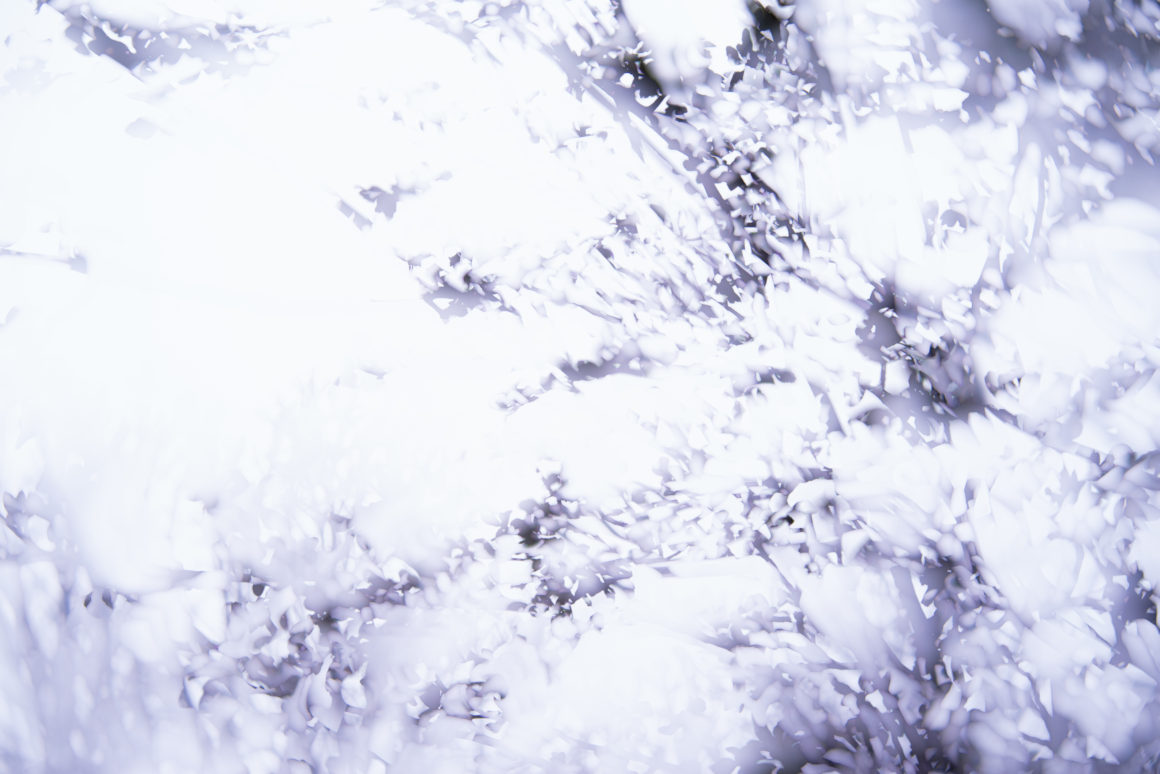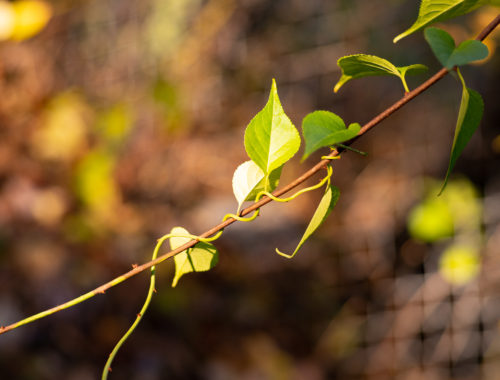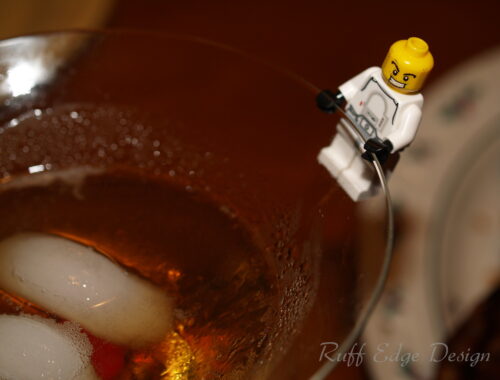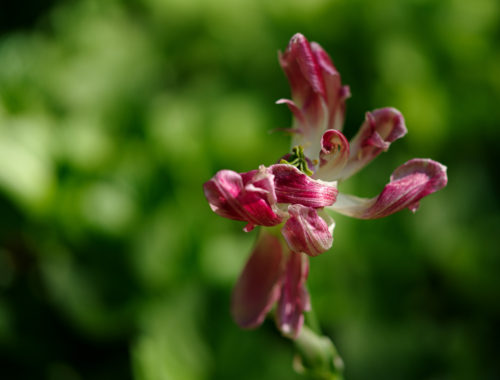
Leave No Stone Unturned
Three days ago, I sat down to write and, apparently, got so far as to type in the date. Here I am today, though, already well beyond that point.
Is it raining? Is that a mist of water I see in the air beyond the window or a mist of pollen? The driveway looks dry. It must be pollen. Lovely.
Was it last night or just this morning that I realized how terribly unique I am? How do other people relate to the world around them and the people in it?
The boxes stacked in my living room hide the light switch. The one attempt Bridget and I made to deliver some of them to Goodwill was met with a sign explaining why our local drop-off locale could not accept donations at that time. Perhaps I should put a few boxes in the back end of each vehicle so that if the forces of the cosmos align, I will be able to take the next step in foisting my past on an unsuspecting Goodwill shopper.
I could probably stay busy for days just writing down questions that come to mind. I’ve told myself to ask more of them when conversing with others. What would Socrates do, remember?
It’s possible that tomorrow I’ll finish reading—for the second time—The Religious Sense by Luigi Giussani. In its pages I find the phrase, “my structure as question.” Interesting, no? Have you ever thought of yourself as a question? When I’m reading the important books, I have a tendency to feel like everything hangs on my ability to take good notes. (Will I ever be able to free myself of the evils of institutional schooling?) This is unfortunate in that it makes me less likely to focus well as I’m reading. On the plus side, though, it helps me “save for a rainy day,” and I can pick up a reading journal, peruse a note, and think about it: letting it roll around in my mind and frolic with anything else that has crawled from the crevices and come out to play.
So, what does “my structure as question” mean? It has to do with the big questions we all ask: What is the meaning of life? Why am I here? What is my purpose in life? It has become common (and not by accident) to pretend that such questions do not exist, are not important, or can simply be disposed of, but that doesn’t mean such notions are true, and it doesn’t mean that they do not have devastating effects. By the way, have you noticed that truth seems harder and harder to find these days? My hours (waking and sleeping) are filled with searches for it, but all I seem to find are statements and stories that tell me to keep looking, to cast the net wider, to go back further in time. As a matter of fact (does anyone these days have a right to even use the word “fact”?), the Medieval period keeps showing up as the target. To some it might seem strange, but it’s beginning to make all the sense in the world to me.
… religion is, in fact, what the individual does with his own solitariness; but it is also where the human person discovers his essential companionship. Such companionship is, then, more original to us than our solitude. This is true in as much as my structure as question is not generated by my own will; it is given to me. Therefore, before solitude, there is companionship, which embraces my solitude. Because of this, solitude is no longer true solitude, but a crying out to that hidden companionship.
—Luigi Giussani
Who put that question—What is the meaning of life?—into your soul? It is original to your creation, and since you didn’t create yourself, it wasn’t put there by you.




